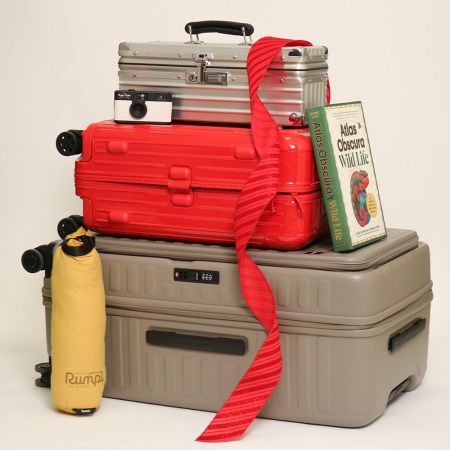Well before the pandemic arrived, Americans struggled with vacation. In a normal year, over half of American workers would end the year with unused vacation days, wasting $60 billion in benefits in the process. The primary reason? According to the U.S. Travel Association’s annual State of American Vacation report, it could be traced to a “fear of looking replaceable.”
In the COVID era, workers have gone to great lengths to not look replaceable; across the board, remote work has meant longer days and more meetings. It’s become more common than ever for employees — hoping to leave an impression on higher-ups, but unable to foster in-person relationships — to always say “yes.” And that troubling trend has developed just as they’ve consistently said no to their own PTO.
Time-off requests were down throughout the pandemic, according to reporting from The Atlantic. Of course, people weren’t just trying to keep their bosses happy — travel options have been pretty limited for a year now, too. But there are growing signs that this summer, Americans might behave a bit less like Americans, and more like Austrians, Spaniards or the French, who all customarily possess (and actually redeem!) over 25 vacation days a year.
Any American surge would arrive thanks to a collision of happy logistics. The country will have enough vaccines for 300 million people by summer, a ton of companies allowed employees to carry over vacation days from last year’s lost quarters, the travel machine — from airlines to adventure operators to Airbnbs — is fully operational again, and the CDC’s recently relaxed travel recommendations for vaccinated Americans looking to vacation both domestically and abroad.
On top of all that, many Americans may have been hoarding vacation days in 2021 without even realizing it. The first few months of this year were pretty damn bleak, if you care to remember. A general mentality I picked up on among friends was “just get through this.” Get to vaccines, get to sunshine. Was that healthy? Probably not. For burnt-out workers who don’t have the benefit of mental health days (a construct that has grown in popularity during the nationwide lockdown period), working full weeks for months on end is not a good idea.
And who knows? Perhaps, as with so many other outdated models that this pandemic has tangentially exposed, companies — and Americans at large — will start to reassess their relationship to work in the coming years. For now, though, expect a lot of activity at TSA and on your Instagram feeds. Americans are about to get back out there.
Thanks for reading InsideHook. Sign up for our daily newsletter and be in the know.


















